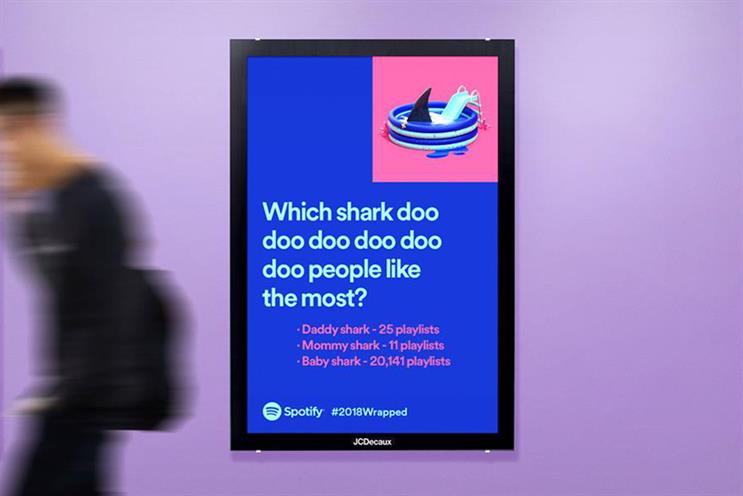Audio has always tended to be the shy cousin in the family of creativity. The audio gang are the ones that quietly go about their business while the flashier family members of social media, TV, movies and advertising make all the noise. Last week, that changed with Spotify's acquisition of not one but two significant companies in the podcast space in the shape of producer Gimlet Media and creation platform Anchor.
Gimlet is the company behind podcasts such as StartUp, Reply All and Sandra – if you’re into podcasts, you’ve probably listened to at least one of its hits – you might have even watched Amazon Prime's Homecoming, which was developed from a Gimlet show. Anchor is a platform that enables podcasters to create, distribute and monetise their output. While no prices were disclosed for either deal, the rumoured fee for Gimlet was $230m and Spotify has revealed that it has a large war chest for more podcast-related purchases.
To understand the significance of this move, the most interesting insight comes from the source – the words of inspirational Spotify founder and chief executive Daniel Ek, in a blog he published about the deal. As ever, Ek is eloquent and clear in his motivation for this move. He talks about the fact that, over time, he expects 20% of Spotify listening to be non-music content. He mentions the rapid growth of podcast listening. And he refers to the fact that people spend more than two hours a day listening to radio and that he wants to bring some of that listening to Spotify. Underpinning it all is Ek's aim to make Spotify the number one platform for audio. Note the use of "audio" rather than just music.
It’s certainly an amazing time for podcasts. There can’t be many agencies that haven’t taken a brief from a client to "make me a podcast" or which are looking at the medium as a new way to reach audiences, especially elusive 15- to 35-year-olds. Depending on whose survey you look at, podcast listening in the major markets of the US, the UK, Australia and Germany is between 15% and 20% of the population. Of course this means there’s a huge number of people still to embrace podcasts, but the rate of growth indicates that, as we saw with the subscription video-on-demand services of Netflix, Amazon Prime and others, once audiences acquire an on-demand habit they don’t turn back. Acast’s research last year showed that 21% of the UK podcast audience had begun listening within the past six months, confirming the numbers who are discovering podcasts for the first time.
With this in mind, the move from Spotify could signal the start of the podcast market behaving similarly to the SVODs, with platforms offering a combination of original content and non-exclusive content. Spotify has already released a number of original podcasts while being a significant platform for podcasts in general. Audible has taken a different approach by offering only original content. And, of course, Apple continues to be the largest platform for podcast consumption, but has so far – unlike with television – shown no appetite to commission any content. So the Spotify move for Gimlet and Anchor potentially fires a starting gun in the competition for ownership of podcast content and the revenues this can generate.
It also makes a big statement in Spotify’s confidence about where advertising on podcasts is headed. The podcast advertising market is still small. Estimates put the US on track to hit £1bn some time in the next two to three years, while the UK is obviously much smaller. Ek, in his blog, points out that currently the video industry is a market worth 10 times more than the music and audio one and he poses the question: "Are our eyes really worth 10 times more than our ears?" Ek makes clear that he believes not, and I think he’s right.
The precedent of disruption that the TV ad market is still coming to grips with is one that radio should take note of. Spotify is in 78 markets, with more than 200 million users – far bigger and more dynamic than any radio group in the world. With the audience segmentation that podcasting offers, accurate listening data and the aggressive audience growth that’s now taking place, advertising money is sure to follow at an even faster pace than now.
Of course, logic would say that where the money is, the creative ambition follows – meaning even bigger-name talent, more ambitious productions and exploration of untested genres. And alongside this is the growth of smart speakers and headphones, as well as the societal move away from "screen time". All of these elements point to the continued rise in podcast consumption and the potential that offers for creators and advertisers.
If, like my agency, you have an interest in audio, the Spotify purchases made a very loud, very confident statement about podcasting and its future. It’s a statement that can only generate excitement for those in the podcast space and something that brands might want to take note of.
Steve Ackerman is managing director of Somethin’ Else


